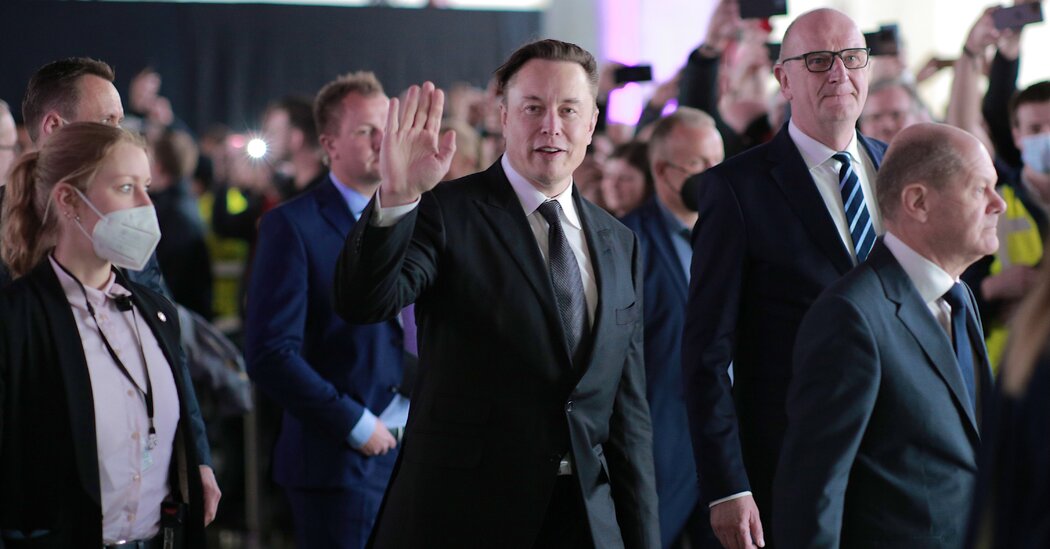
If Mr. Musk pushes for change at Twitter, he would not be the first agitated investor the company has had to contend with in recent years. The activist firm Elliott Management took a position in Twitter and called for Mr. Dorsey’s removal in 2020. It later struck a deal with Twitter that included a $1 billion investment from the private equity firm Silver Lake and brought on new board members, including Silver Lake’s co-chief executive, Egon Durban. Silver Lake partnered with Mr. Musk in his efforts to take Tesla private
Mr. Musk’s list of other business ventures runs long: Beyond Tesla, he is chief executive of the rocket company SpaceX and founder of The Boring Company, a tunnel construction services company. Adding another role to the list could irk Tesla shareholders. In the last two months of last year, Mr. Musk sold around $16 billion of Tesla stock, equivalent to roughly 10 percent of his stake in the electric vehicle company.
Tesla has defied the supply chain problems that have strained most traditional carmakers, adding to Mr. Musk’s wealth and his influence in the tech and auto industries. Tesla nearly doubled sales last year, approaching one million vehicles sold. On Saturday Tesla said it sold 310,000 cars in the first three months of 2022, a 70 percent increase from the same period a year earlier — gains that contrast with steep declines reported last week by General Motors and Toyota Motor.
Tesla’s steadily expanding production network, including new factories in Austin, Texas, and near Berlin, positions the company to rival carmakers like BMW and Mercedes-Benz in numbers of vehicles sold. Despite an array of new battery-powered models from Ford Motor, Kia and others, Tesla continues to dominate the market for electric cars, the industry’s fastest-growing segment.
Still, executives who have juggled media projects with other private endeavors have sometimes found themselves in policymakers’ cross hairs. Former President Donald J. Trump, for example, took a dim view of Amazon because he disagreed with coverage in The Washington Post, which Jeff Bezos bought in 2013. Tesla is a large beneficiary of environmental credits, while SpaceX pursues government contracts.
Regardless of potential pushback, Mr. Musk may stand to gain from the investment. The document detailing Mr. Musk’s stake said it was worth about $3 billion at Friday’s closing price. It is dated March 14, and Twitter’s shares are up about 50 percent since then.
Jack Ewing and Peter Eavis contributed reporting.




